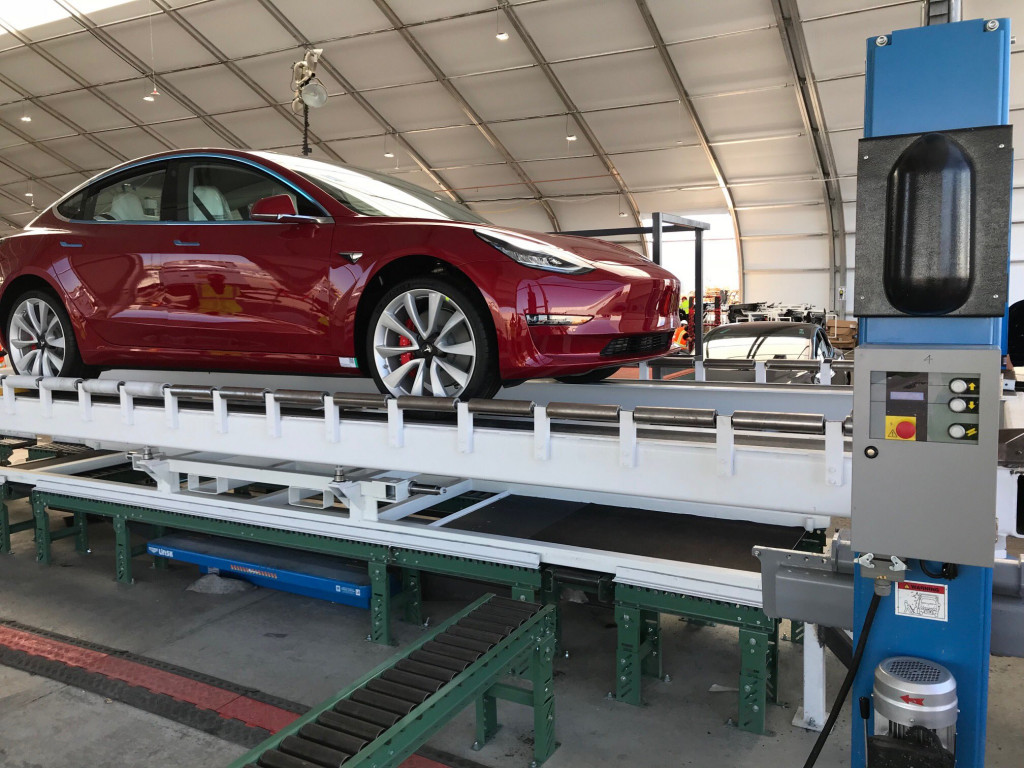Tesla posted record deliveries and production in the second quarter of 2019, according to totals that the company released Tuesday afternoon.
It was a key quarter for observers, after the company's deliveries lagged in the first quarter as it began exporting its most popular Model 3 and cited delivery snags, particularly in Europe as the reason.
Some analysts instead blamed weak demand in the U.S. after the hefty $7,500 federal tax credit on electric cars began to wind down. After January 1, the credit was reduced to $3,750, and Tesla made several pricing and equipment adjustments to its models to compensate, including finally producing base versions of the Model 3, though ultimately not the long-promised $35,000 version.
The U.S. tax credit continued its wind-down July 1, reaching $1,875. It is expected to be phased out on Teslas at the end of the year. Tesla didn't break out U.S. sales, so the affect of the tax credit and price changes may not be apparent until analysts can tap into the data.
Of those, 77,500 were Model 3s, up from 62,950 last quarter, and the 63,150 record set at the end of last year.
Tesla said it moved 17,650 Model S and Model X vehicles to various worldwide markets, though it no longer breaks out the sales between the two models. That's still up from 14,150 the previous quarter.

Tesla Model 3 all-wheel drive Performance rolls off a new assembly line in a temporary structure
In terms of production, Tesla built 72,531 Model 3s for a rate of 5,579 cars per week, a dramatic improvement over the 62,950 Model 3s produced last quarter. Tesla CEO Elon Musk has said for the past year that to be profitable the company needs to build at least 5,000 Model 3s per week, a number he raised to 6,000 last August.
Tesla also built 14,517 of the Model S and Model X, a little higher than last quarter's 14,150. In total, the company's Fremont, California, factory built 87,048 cars between April and June, for a run rate of 6,696 cars per week. In his August pronouncement, Must called for 10,000 cars per week.
So far, the Fremont factory builds every Tesla delivered worldwide. Tesla is building a new factory in Shanghai that Musk says will begin building Model 3 sedans for China later this year and will eventually build affordable versions of both the Model 3 and the upcoming Model Y crossover.











